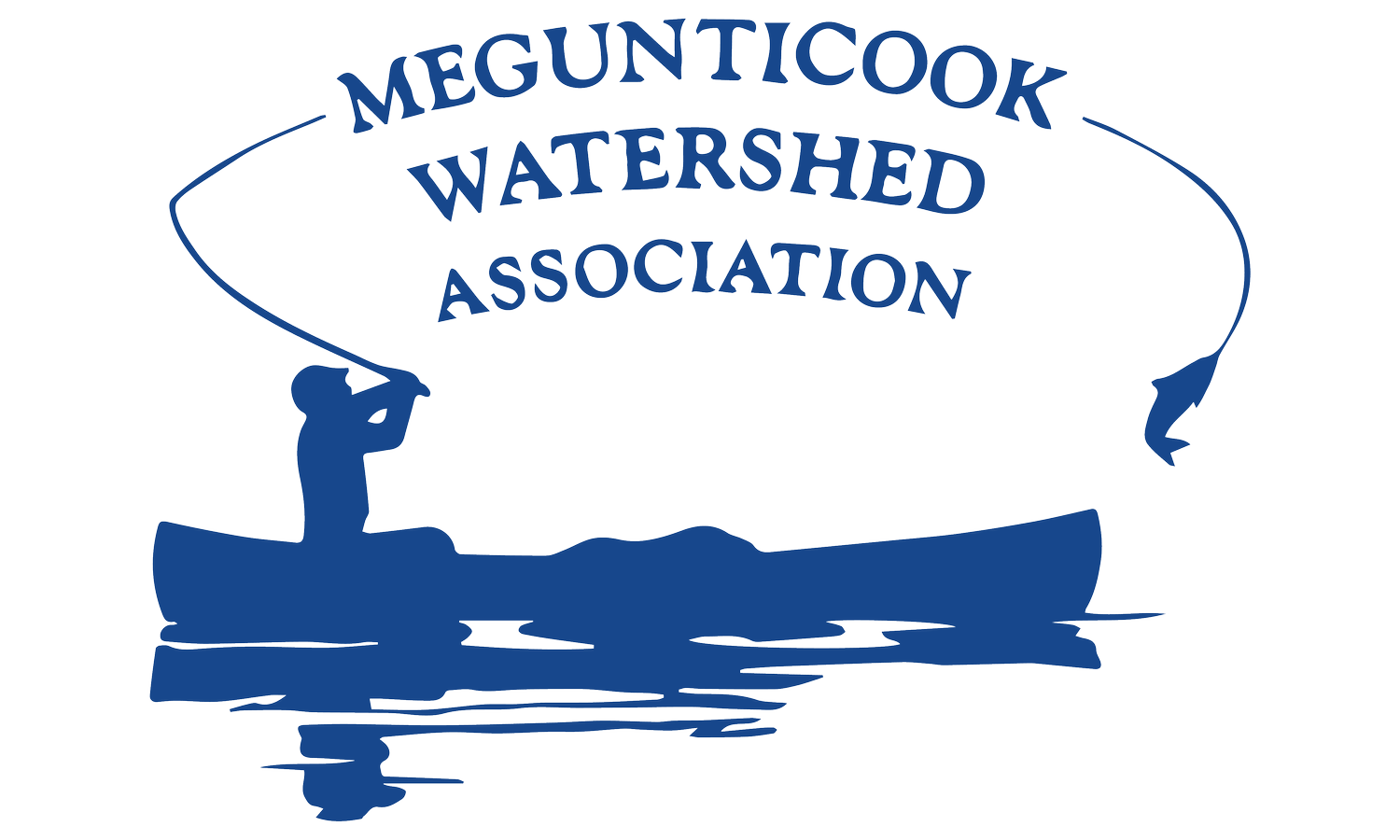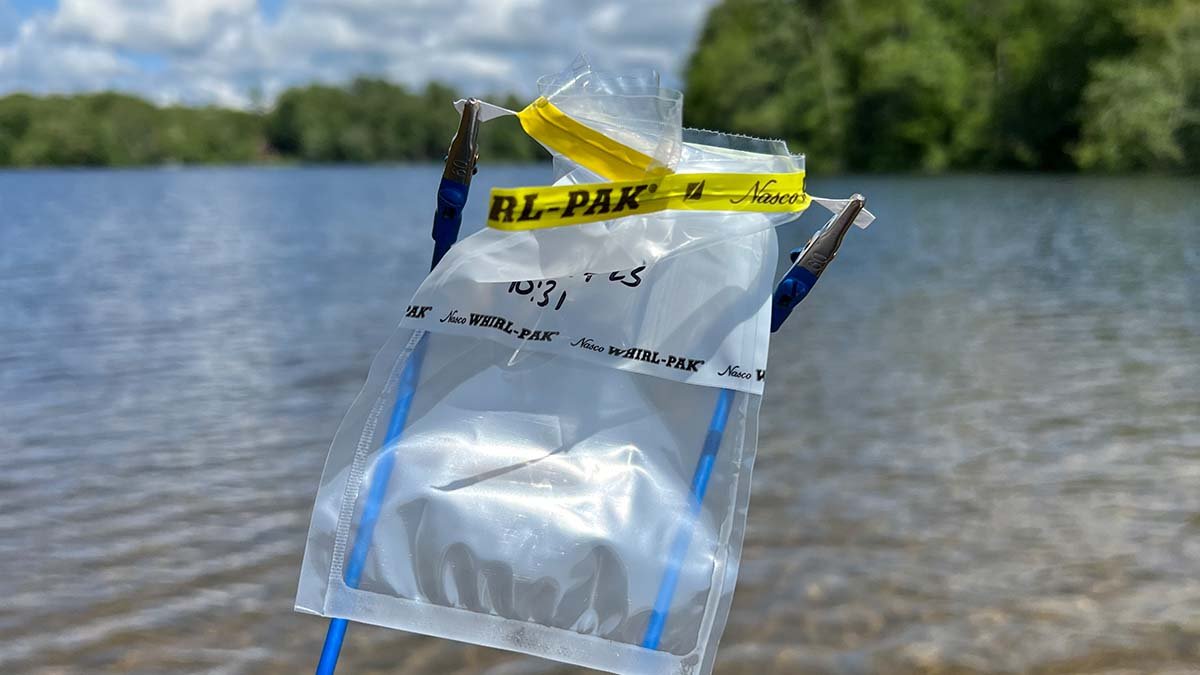Bacteria Monitoring Results
MWA monitors summer bacteria (e. coli) levels weekly at 8 locations throughout the watershed, including public beaches like Barrett's Cove in Camden and Breezemere Park in Lincolnville.
Bacteria monitoring is an important public health service as it helps us detect pollutants in the water (specifically fecal matter - yuck!) and can help determine the risk of infection associated with swimming and other water recreation activities. Potential sources of bacteria pollution include failing or unmaintained septic systems, wildlife, or livestock and pets. Bacteria levels are also typically higher after significant rain events to do increased runoff and potential flooding of septic fields, etc. You can help prevent bacteria pollution by maintaining your septic system and picking up after pets!
Details
Samples are collected weekly on Wednesdays by volunteers and analyzed by the lab at the Rockland Waste Water Treatment Plant. Results are generally available by midday Thursday and posted right here.
A special thank you to the volunteers who make this program possible!
Results for 2025 sampling are shown here.
2025 RESULTS
And now for the small print...
**Note that the units the lab measures for bacteria samples are MPN or Most Probably Number, which is equivalent to the standard unit of Colony-Forming Units (CFU). MWA utilizes the standardized EPA "Beach Action Value" criteria of 190 CFU/100ml for collecting and analyzing bacteria samples. Anything higher than 190 CFU is a failing sample which means there is an increased health risk associated with water contact, and anything below 190 CFU is a passing sample which means there is a lower health risk.
**There are inherent risks associated with open water swimming and recreational contact including, but not limited to, bacterial infections.
**Bacteria levels can change, particularly as a result of significant rain events.
**To reduce risk of infections, always rinse off after swimming, avoid swimming with open wounds, avoid water contact for 24-48 hours after a significant rain event or if the water looks overly brown or green, and always obey signage and local laws whenever swimming in open water. Please note that not all test sites are designated swimming areas.
**Samples are collected by volunteers using established protocols and analyzed at the Rockland Waste Water Treatment Plant.
Thanks for reading!

